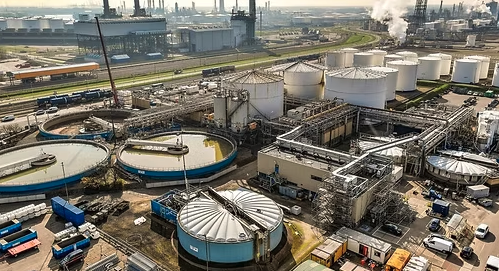
September 3, 2025
On September 3, Shell Netherlands, a subsidiary of Shell, announced it will not restart the construction of a large biofuels plant at its Rotterdam…
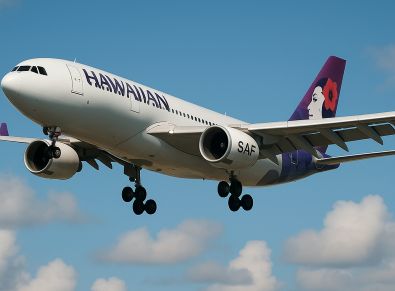
September 1, 2025
On August 29, Hawaiian Airlines announced it will use Sustainable Aviation Fuel (SAF) on flights between Osaka and Honolulu, under a supply agreement between…

August 28, 2025
Malaysia’s Deputy Minister of Plantation and Commodities, Datuk Chan Foong Hin, announced that the government plans to mandate a 1% Sustainable Aviation Fuel (SAF)…
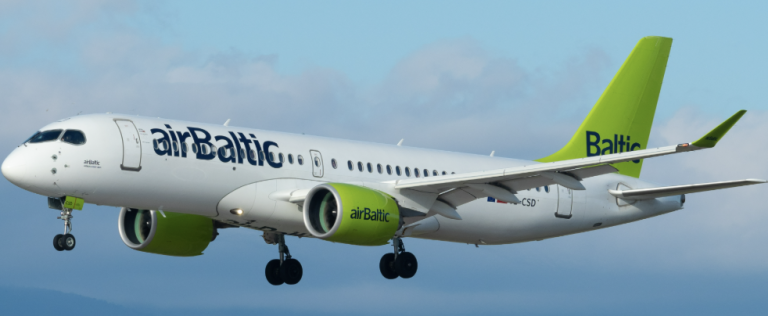
August 28, 2025
On August 25, 2025, an Air France Airbus A220 completed its delivery flight from Airbus’ Mirabel facility in Canada to Paris, powered by Sustainable…

August 26, 2025
On August 21, Ireland’s Minister for Transport, Darragh O’Brien, officially launched the country’s first Sustainable Aviation Fuel (SAF) Policy Roadmap, delivering on a key…
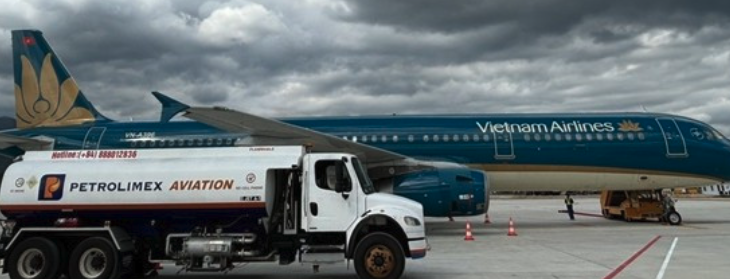
August 22, 2025
On August 15, Petrolimex and Petrolimex Aviation announced the official availability of sustainable aviation fuel (SAF) at Nha Be Petroleum Depot in Ho Chi…
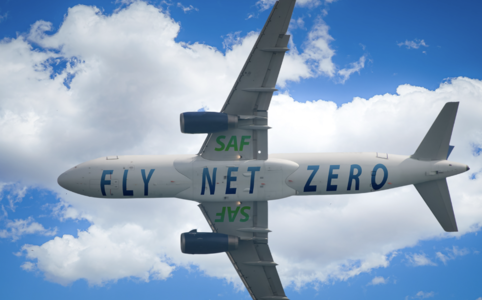
August 16, 2025
The European aviation and fuel industries have issued a unified call for the European Union to adopt seven critical measures to accelerate the production…
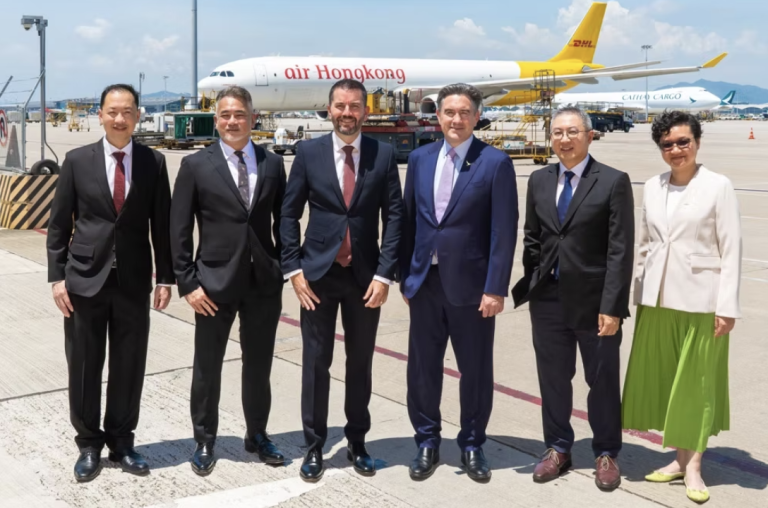
August 14, 2025
Cathay Group announced on August 13 that it has entered into a new sustainable aviation fuel (SAF) partnership with DHL Express to reinforce their…
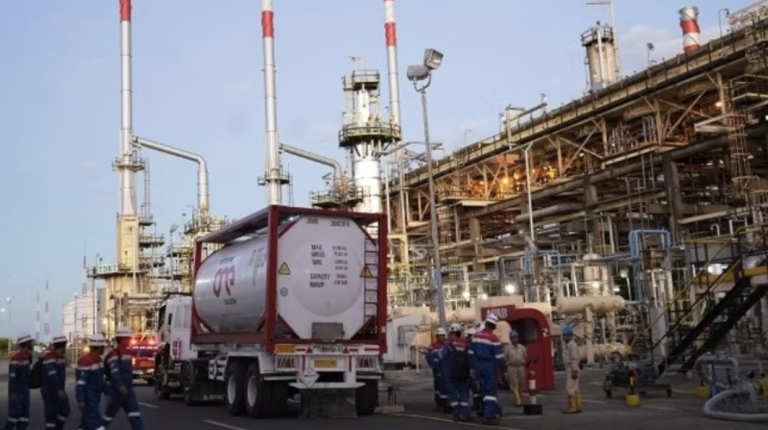
August 14, 2025
Indonesia’s PT Kilang Pertamina Internasional (KPI) Cilacap Refinery, in collaboration with the Lemigas laboratory, has completed a series of quality standard tests and officially…
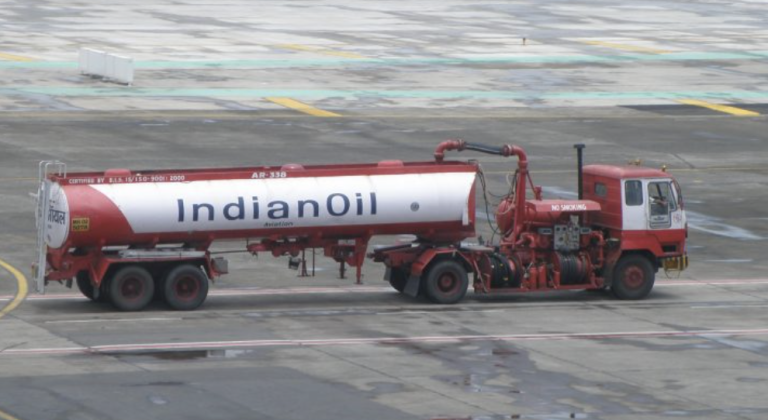
August 14, 2025
Indian Oil Corporation’s Panipat refinery, which converts waste cooking oil (uco) into jet-grade fuel, has become India’s first certified sustainable aviation fuel production facility,…










